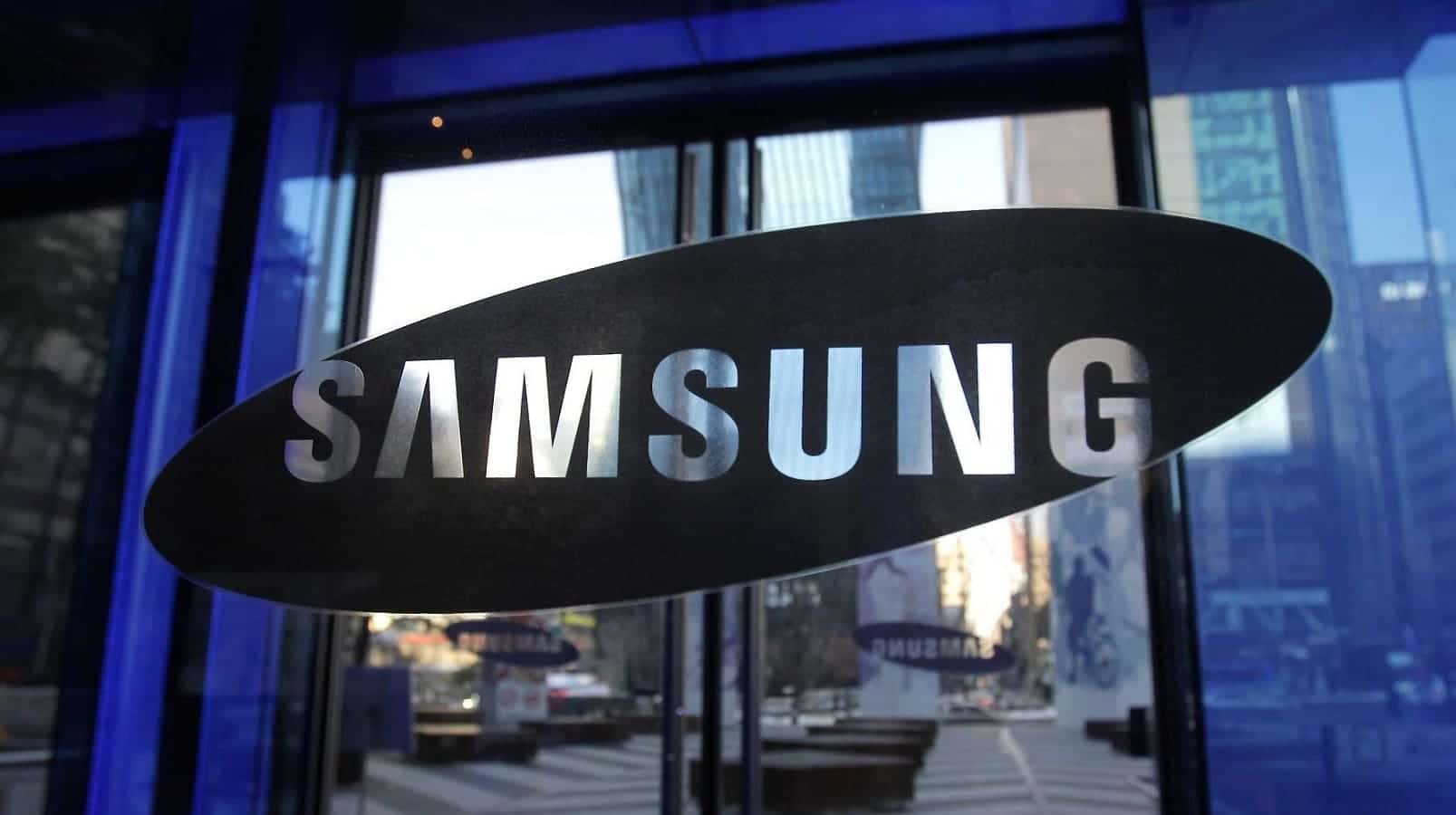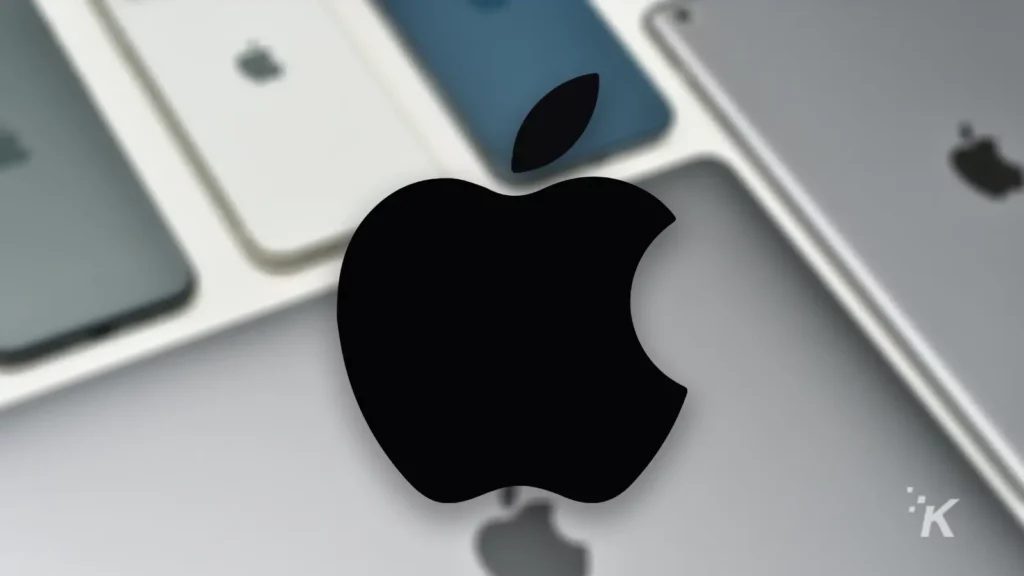News
Samsung, Apple among companies with stagnant production in 2022
So why are so many tech companies slowing down in 2022? Like most trends, it’s the result of several factors.

It may be even harder than usual to get your hands on the latest phone this year. Apple and Samsung have joined the ever-increasing ranks of tech companies facing slowed production this year.
Apple will reportedly aim for a production target of roughly 220 million phones in 2022, around the same as 2021.
Rival Samsung is going a step further by reducing production to 280 million phones, down from 310 million last year.
An industry-wide trend
Leading phone companies expecting no growth despite tech’s growing role in everyday life may be surprising. However, Apple and Samsung aren’t the only tech giants slowing down this year.
Like many car companies lately, Tesla expects to make far fewer vehicles this year. The company won’t roll out any new models in 2022, pushing the Cybertruck release back even further.

You can also expect changes from many of the biggest names in tech. Companies like Meta, Microsoft, and Nvidia have all slowed hiring as their expenses rise.
While they may not have announced lowered production targets, that’s not out of the question if financial troubles are that significant and widespread.
Why tech companies are slowing down
So why are so many tech companies slowing down in 2022? Like most trends, it’s the result of several factors. Most notably, the war in Ukraine and ongoing COVID-19 troubles are making it difficult to maintain production.
Russia is one of the largest titanium producers globally and is a leading source of many other valuable minerals, too. These metals are a crucial ingredient to the semiconductors that power your electronics, and the war is making them harder to access.
As a result, companies may not get enough rare earth metals to meet high production goals without rising prices.

New rounds of COVID-19 lockdowns in China also strain production. Many electronics components, and even phones themselves, come from the country. As these lockdowns limit factory capacity, companies like Apple won’t be able to make as much as they’d like.
Some businesses may be able to make more products but worry that they won’t sell. Rising inflation has caused huge price spikes for big-ticket items and groceries.
As these prices keep rising, consumers may rethink their spending habits. Consequently, there may be less demand for new electronics, so companies reduce their production goals to avoid making more than they can sell.
What does this mean for shoppers?
As more tech manufacturers slow their production, it could make it harder to find some electronics.
That means unfortunate trends like the ongoing graphics card shortage could continue into 2022 and beyond. Phones, tech-centric cars, smart home gadgets, and other smart electronics could all face shortages.
In other segments, it could mean rising prices. Producers may have to charge more for the same products to make up for their higher expenses and lower sales.
These price hikes could be as little as a few bucks per item, or they could be enough to make you second-guess the purchase.

The near future is uncertain for tech companies
Demand for tech won’t go away in the long term. Current supply issues and inflation will eventually subside, and it will become easier to produce and get electronics again.
For now, though, the future of home tech is uncertain.
How long current disruptions will last or how impactful they’ll be is still up in the air. As for now, you can expect higher prices and less availability for some popular items.
These changes may last for just a few months, or they could last years, but they’ll be present in some capacity no matter what happens.
Have any thoughts on this? Let us know down below in the comments or carry the discussion over to our Twitter or Facebook.
Editors’ Recommendations:

































